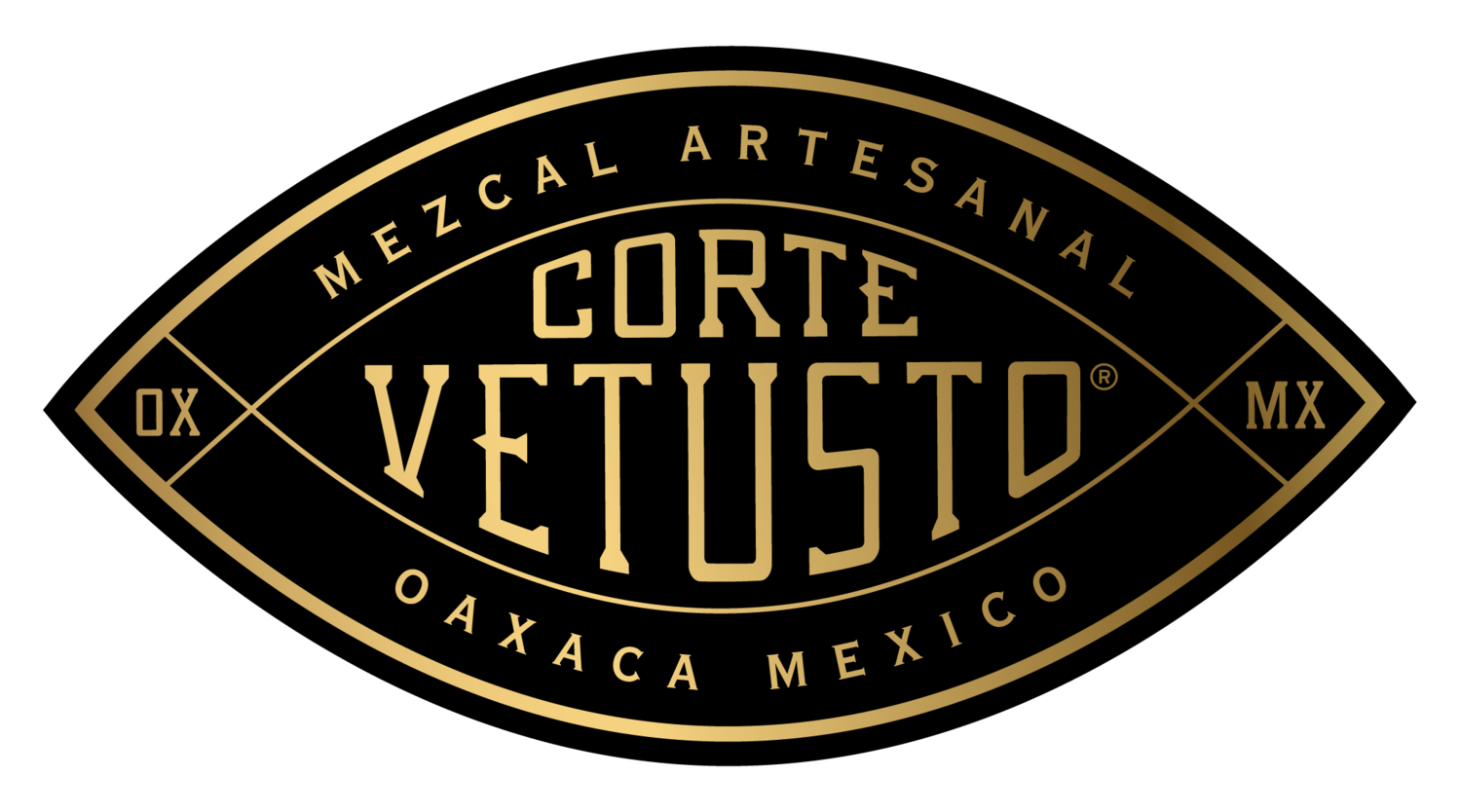Agave is derived from the ancient Greek word for ‘noble’. Known in Mexico as ‘maguey’, it has been considered a sacred plant for thousands of years. In fact, indigenous people throughout Mexico have used it for food and nourishment as well as a source to make textiles, rope and paper. There are more than 200 species of agave in the World, but over half of these are endemic to Mexico, thriving in areas with arid climates, thin soil, high temperatures and limited rainfall. Depending on the species and whether or not it is cultivated, agave can take anywhere from 6-35 years to mature. No other raw material used to make a spirit takes as long to mature. On reaching maturity the agave will sprout a tall quiote (flower stalk), which is fertilised by pollination from birds and bats so that it can reproduce and seed. Once seeded, the plant will die naturally. The quiote is cut early, so that all the energy used to create it is channelled back into the heart of the piña (heart) of the agave. However, it is essential to leave enough agave to flower and seed in order to safeguard the future of the species and the industry.
Most mezcal is made from Agave Angustifolia (Espadin), the genetic mother of the Blue Agave used in tequila, due to its high sugar content and suitability to cultivation. However, mezcal is also made from varietals like Agave Marmorata (Tepeztate), Potatorum (Tobala), Americana (Arroqueño, Coyote, Sierra Negra) and Karwinskii (Bicuixe, Madrecuixe). Each of these agave have distinct features and flavour profiles. Traditionally artisanal mezcal was made from a blend of wild agave, known as an Ensamble, based on what was available locally and mature at the time. Now, however, you will find expressions of the individual agave varietals.
Terroir
Terroir is a term from the French word ‘terre’, which translates literally to ‘earth’ or ‘land.’ It is generally understood to refer to the combination of all environmental factors, such as soil, climate and aspect, which gives a product its distinctive character. The term is used extensively in the world of wine, but given the notable maturity times of agave, the impact of terroir is significant and it provides mezcal with a dramatic reflection of place.




